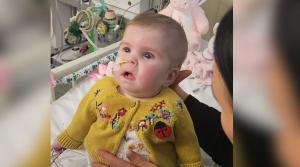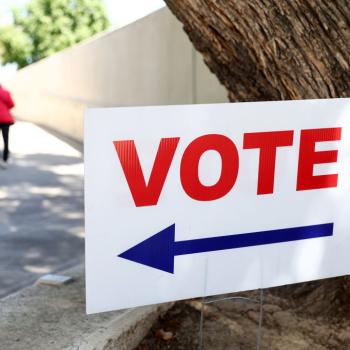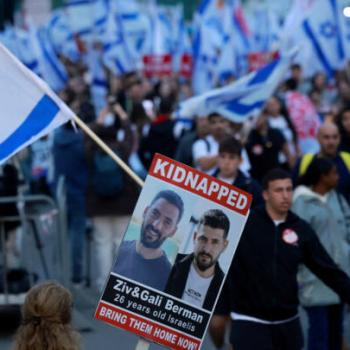
Indi Gregory, the center of a right to life dispute in the UK, died on November 13th in hospice care after her life support was removed the previous day. Little Indi had suffered brain damage as a result of a rare condition known as mitochondrial disease. Indi’s life support was removed against the wishes of the parents who wanted to pursue other treatment options in an effort to save her life. The Italian government sought permission to treat her in Italy and granted her citizenship during the legal battle. A British judge denied the request and ordered the life support removed so she could die in a hospital or hospice center. British judges have consistently supported the doctor’s view in cases similar to Indi’s going against the parent’s wishes to try and find additional treatment for their child.
What is the controversy?
Deciding life and death situations as doctors and nurses do cannot be easy. Many families take the initiative to sign a living will outlining what their wishes are should they be unable to speak for themselves. Many patients will sign a “Do Not Resuscitate (DNR)” order to make known their wishes in the same vein as the living will. Both situations position the people to experience a natural death. God gives us life and only God can take it away. God wants us to love and care for those that are terminally ill and support their natural death. Technology has created a situation where we can keep people alive artificially in the hope that they are able to be healed naturally or experience a miracle from God. It can be very difficult to let go of a loved one near death, but in Indi’s situation (and Alfie Evans and Charlie Gard as well), the parents wanted to have more time, or pursue experimental treatment in an effort to save their child. The doctors felt there was no hope and the courts agreed, denying the families the opportunity to seek treatment outside of Britain.
There’s an argument to be made on both sides here. Parents holding out hope and trying additional treatments to save their child would seem to be a compassionate thing to do. Some may argue that the parents are denying the child a natural death via the use of technology. There have been situations like Manura Abdullah’s where she was kept alive in a comatose state for 27 years and she suddenly woke up from the coma; or Terry Wallis who spent 19 years in a vegetative state before awakening. While these situations are rare, they have happened.
What does God tell us?
Our God is a God of hope:
- Jeremiah 32:27 – “I am the LORD, the God of all the living! Is anything too difficult for me?”
- Luke 1:37 – “for nothing will be impossible for God”
- Matthew 19:26 -Jesus looked at them and said, “For human beings this is impossible, but for God all things are possible.”
- Mark 9:23 – ”Jesus said to him, “‘If you can!’ Everything is possible to one who has faith.”
- Luke 18:27 – ‘And he said, “What is impossible for human beings is possible for God.”’
- Phil 4:13 -“I have the strength for everything through him who empowers me.”
With God, we always have hope no matter how dire the situation. If we let God determine the time of our death then we also allow His plan to be fulfilled. Maybe there is a miracle on the way, maybe there is an opportunity to mend fences before someone passes, or to say something that needs to be said before a loved one passes. In the case of young children, maybe the parents just need a little more time with their child before they are ready to let go. My point being let God be the one to make those decisions and not a doctor and/or a court forcing the decision upon a family. If you think this is just an issue in Britain you are wrong as we have seen challenges in the US and I am certain this situation has presented itself in other countries. Please pray for Indi, Charlie, and Alfie, as well as everyone who ends up in a situation like this so they can also be led by God to what is truly His decision.
God Bless

















